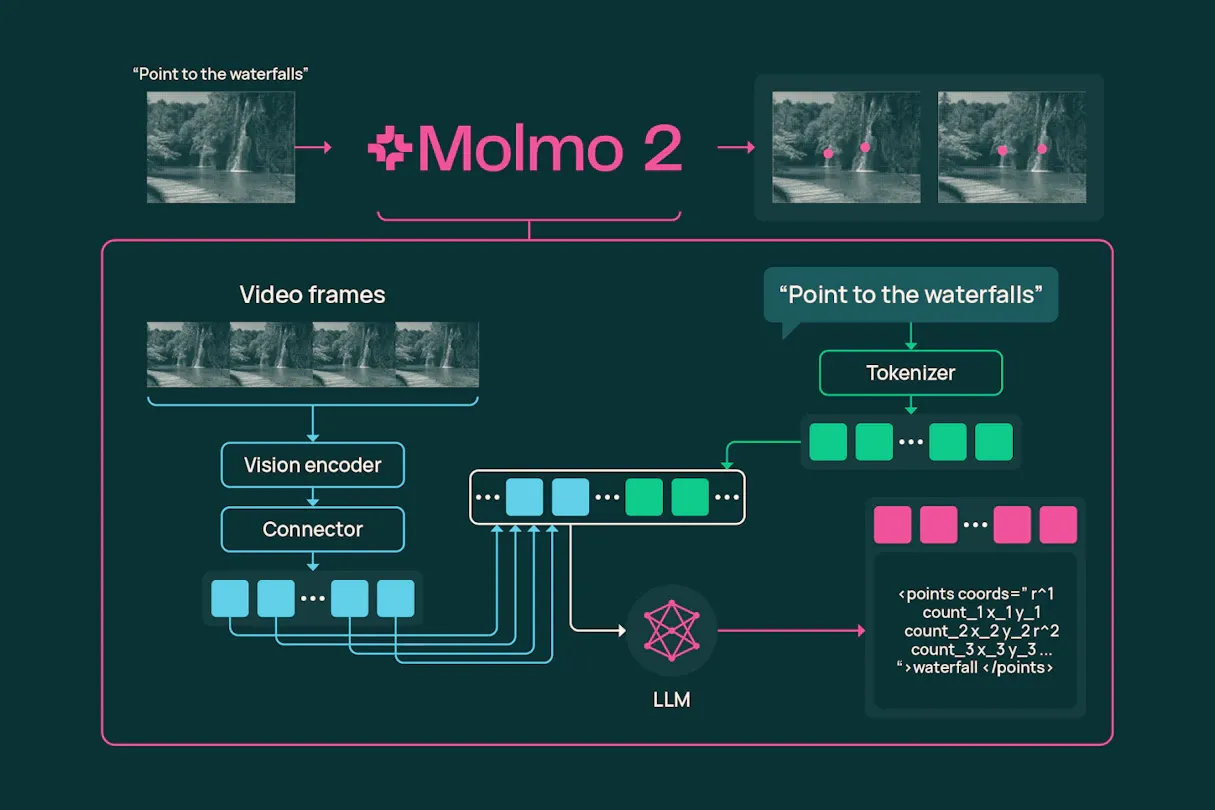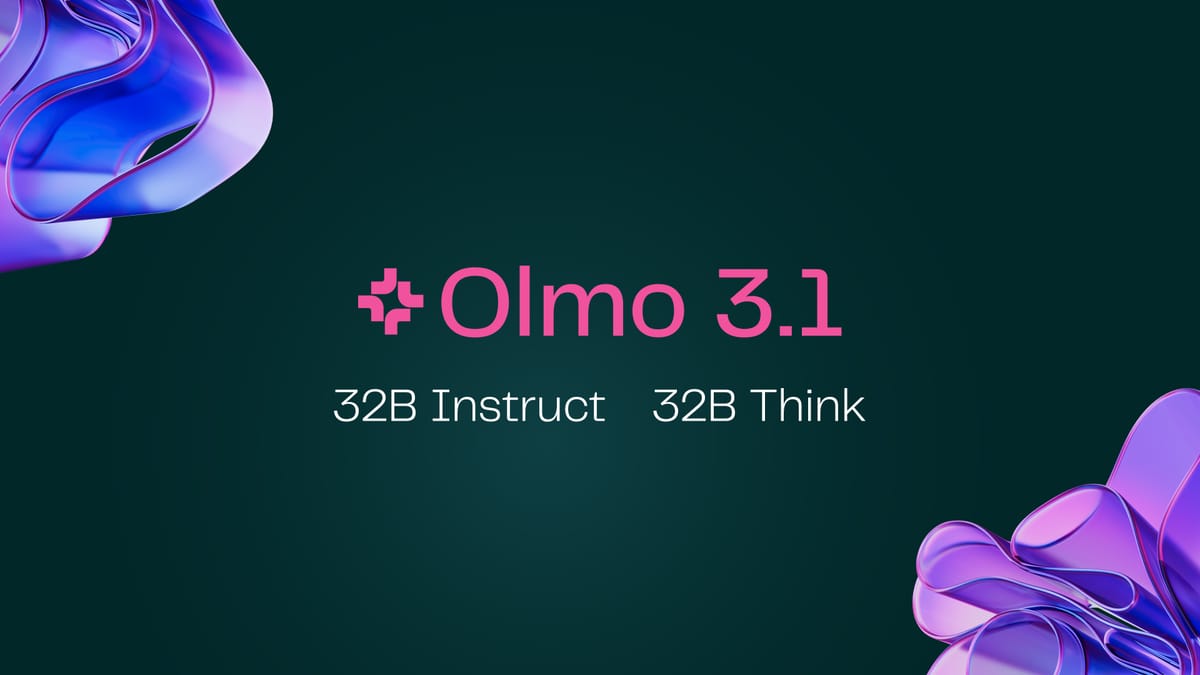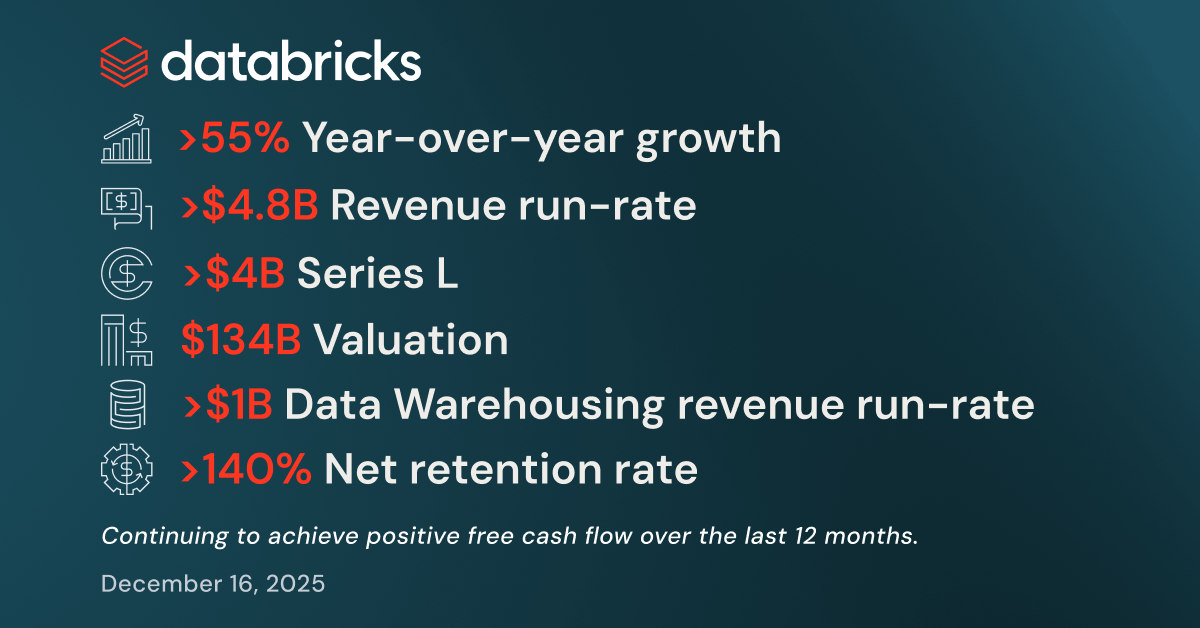In today's digital landscape, artificial intelligence (AI) has become an integral part of software development. Microsoft is at the forefront of this revolution, as outlined in a recent article by John Roach. According to Kevin Scott, Microsoft's chief technology officer, soon, every software application will come equipped with an intelligent copilot assistant powered by AI.
A copilot is an application that utilizes AI and large language models to assist users with complex cognitive tasks. Microsoft introduced the concept of a copilot with GitHub Copilot, an AI pair programmer that helps developers write code. Since then, Microsoft has expanded the copilot experiences across its core products and services, including Bing, Microsoft 365, Dynamics 365, Microsoft Viva, and Microsoft Security.
At the annual Microsoft Build developers conference, the company announced the expansion of the Microsoft Copilot ecosystem, introducing new copilots such as Copilot in Power BI, Copilot in Power Pages, Copilot in Microsoft Fabric, and Windows Copilot. Additionally, Microsoft unveiled plugins that allow copilots to interact with other software and services, enhancing their usefulness.
Microsoft is adopting an open plugin standard, enabling interoperability across ChatGPT and the breadth of Microsoft's copilot offerings. This means developers can create plugins that work across business and consumer surfaces, including ChatGPT, Bing, Dynamics 365, Microsoft 365, and Windows Copilot. Bing is also expanding its support for plugins, including popular services like Expedia, TripAdvisor, and Zillow.
To facilitate the creation of plugins and empower developers, Microsoft showcased an AI development framework at the Build conference. This framework allows copilots to retrieve real-time information, incorporate business data, perform computations, and take action on behalf of users. With plugins, copilots can interact with other software and services, opening up a world of possibilities for innovative applications.
Developers can now build their own copilots using Microsoft's AI development platform. By selecting a generative AI model like GPT-4, developers can create copilots tailored to specific tasks and industries. The copilot development process involves providing a meta-prompt, establishing memory, accessing data and services through plugins, and orchestrating complex tasks.
Microsoft is committed to responsible AI development and ensuring that copilots return intended results while avoiding biases and harmful outputs. They have introduced Azure AI Content Safety, an AI service that detects inappropriate content across images and text, ensuring safer online environments and communities.
The copilot revolution represents a profound shift in software development, enabling developers to build applications and services with relative ease. Microsoft's ecosystem, powered by Azure, provides developers with the necessary tools and resources to bring their copilot ideas to life.
As we move forward, intelligent copilot assistants will become the norm, enhancing productivity and transforming the way we interact with software. With Microsoft leading the way, the future of AI-powered applications is bright, and developers have the opportunity to shape this exciting new frontier.






Comments